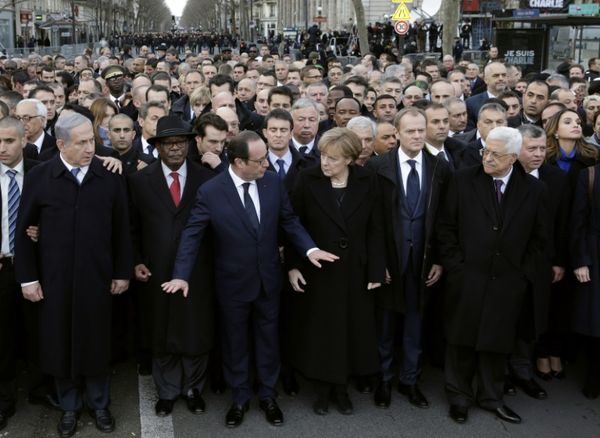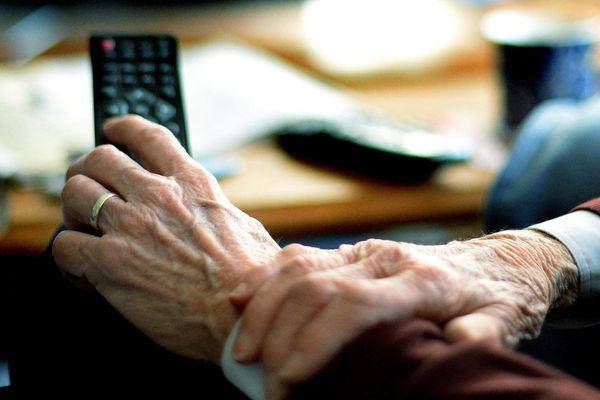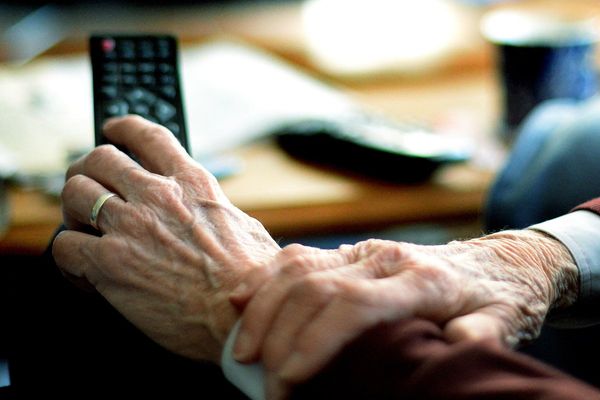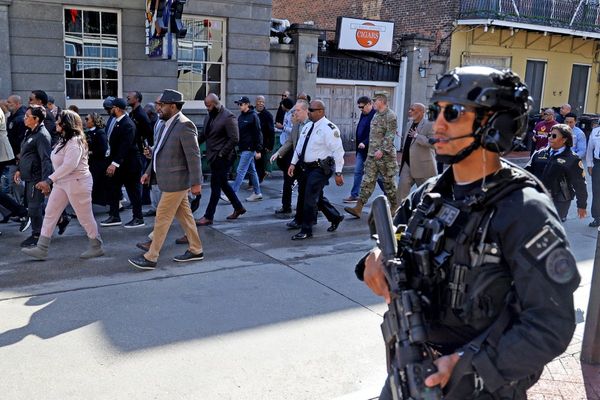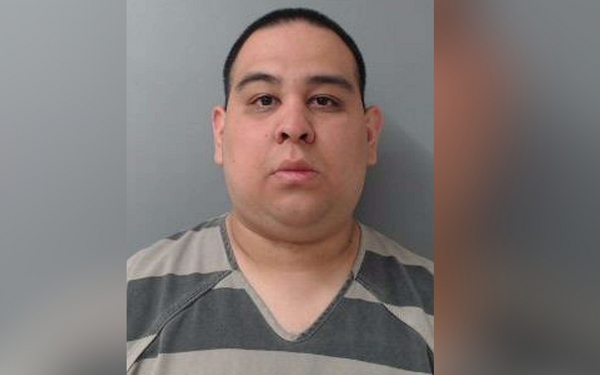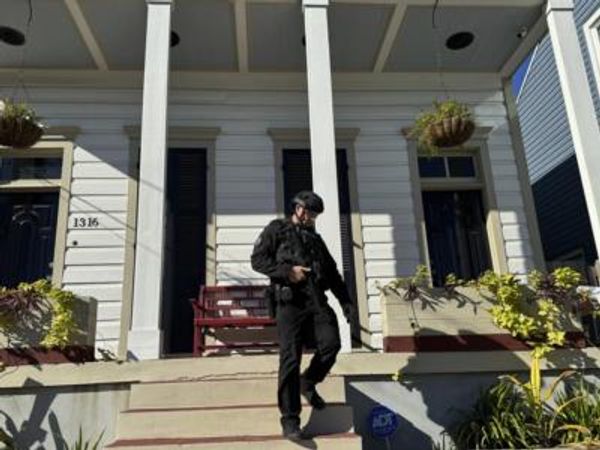
It certainly has been a tale of two Goyders. The best of times, the worst of times.
Rewind a year and Richard Goyder was arguably the most powerful person in corporate Australia, being chairman of three of Australia’s ten leading organisations: Qantas, the AFL and Woodside. Having two of these roles is remarkable; having three is some sort of Melbourne Club Jedi mind trick.
Meanwhile, Richard’s cousin, Tim, also known as the “other Goyder”, was toiling away in the far less salubrious mid-cap mining sector, with stakes in up-and-comer explorer Chalice Mining and lithium play Liontown Resources.
Quite a lot has changed in a year.
Now, Tim Goyder is on top of the world. Last week Liontown agreed to a $6.6 billion sale to American giant Albermarle (with Gina Rinehart circling, the price could be even higher). And with Chalice also performing well, Tim Goyder’s net worth is arguably now more than an estimated $1.2 billion.
Meanwhile, poor Richie Goyder’s reputation is worth less than a million unredeemable Qantas points, having staked his repute on the performance of his beloved Alan Joyce — the “best CEO in the country by the length of a straight”. Joyce, who these days would struggle to beat Harvey Weinstein in a popularity contest, led Qantas off a reputational cliff, culminating in an unprecedented ACCC action for alleged misleading and deceptive conduct, which could cost Qantas shareholders upwards of $600 million.
The true scale of Goyder’s mess is slowly coming to light. The chairman backed Joyce through years of customer service woes, the trashing of Qantas’ reputation, and a long-running regulatory investigation — and all on the basis that the beleaguered CEO delivered big time for Qantas shareholders. This well-worn trope, presumably a Joyce PR-creation (the man after all is a PR and lobbying genius), is gleefully regurgitated by business commentators.
But even the myth of Joyce being a hero of Qantas shareholders is questionable. Roughly a year before Joyce was appointed CEO in 2008, Qantas had hit $6.34 per share. But Joyce had the good fortune of taking over from Geoff Dixon just as the global financial crisis was reaching its peak, with Qantas’ share price slumping to around $2.75 by the time Joyce took the reins.
As of writing, Qantas is trading at $5.54 (with the company having only paid 69 cents in dividends since 2009). That means Qantas has returned 126% since the start of Joyce’s tenure (and far less if you use an averaged pre-GFC price). The S&P200 Total Return Index is up by 145% since 2011 (as far back as online records show) and would be significantly higher since 2008.
In short, Qantas significantly underperformed the index. For Joyce’s co-called corporate magnificence, Qantas is trading at a lower level than in 2007, even if you include dividends.
But that’s not all. Airline stocks are extraordinarily fraught. As noted by Warren Buffett (whose few rare investing mistakes involved aviation), “If a far-sighted capitalist had been present at Kitty Hawk, he would have done his successors a huge favour by shooting Orville down.” When investing in airlines, which are prone to wild swings in investor sentiment, shareholders require additional “alpha” to cover the elevated risk. That is, you don’t invest in airlines to get “market-like” returns; you can buy a cheap index fund for that. Shareholders invest in airlines to get significantly above market returns.
Joyce, for all the supposed adulation, did as good a job for Qantas shareholders as he did for Jetstar customers still waiting for their missing bags from their Cairns flight in October 2022.
This is where Goyder got it so wrong. Joyce was no messiah, and the estimated $125 million pay packet that former chairman Leigh Clifford and Goyder showered upon him was utterly undeserved. Not only did Joyce trash Qantas’ incredible brand and customer loyalty, not only did he leave the airline’s new CEO Vanessa Hudson with a $15 billion bill for new planes, but he also didn’t even deliver a market return for shareholders.
Meanwhile, in June, Goyder allowed Joyce to cash in $17 million in Qantas shares while the CEO had full knowledge of a serious ACCC investigation. The Goyder-sanctioned share sale harks back to the bad old days of Australian executive remuneration, where complicit boards let executives like Phil Green, Sol Trujillo and David Coe make millions of dollars while shareholders saw their stakes dwindle.
Goyder’s position as Qantas chairman (along with his fading AFL role) is completely untenable. It was remarkable that Goyder — who was a massive failure as CEO of Wesfarmers, wasting billions on its poorly timed Coles acquisition — was able to recraft himself as some sort of boardroom sage. During his 12-year reign at Wesfarmers, its share price rose a mere 10% (compared with 34% for the All Ordinaries, a total market barometer for the Australian stock market).
Goyder was the Keyser Söze of the directors club, somehow convincing corporate Australia that a disastrous tenure running Wesfarmers meant he was fit to chair three of the country’s most prestigious institutions.
The mess at Qantas is what happens when a weak chair becomes infatuated with a celebrity CEO. It will be a miracle if Goyder lasts until Christmas. If he had any sense, he’d avoid fronting the Qantas AGM scheduled for 3 November. His transition from dean of the Australian Chairman’s Club to corporate governance laughing stock has been swift indeed.
